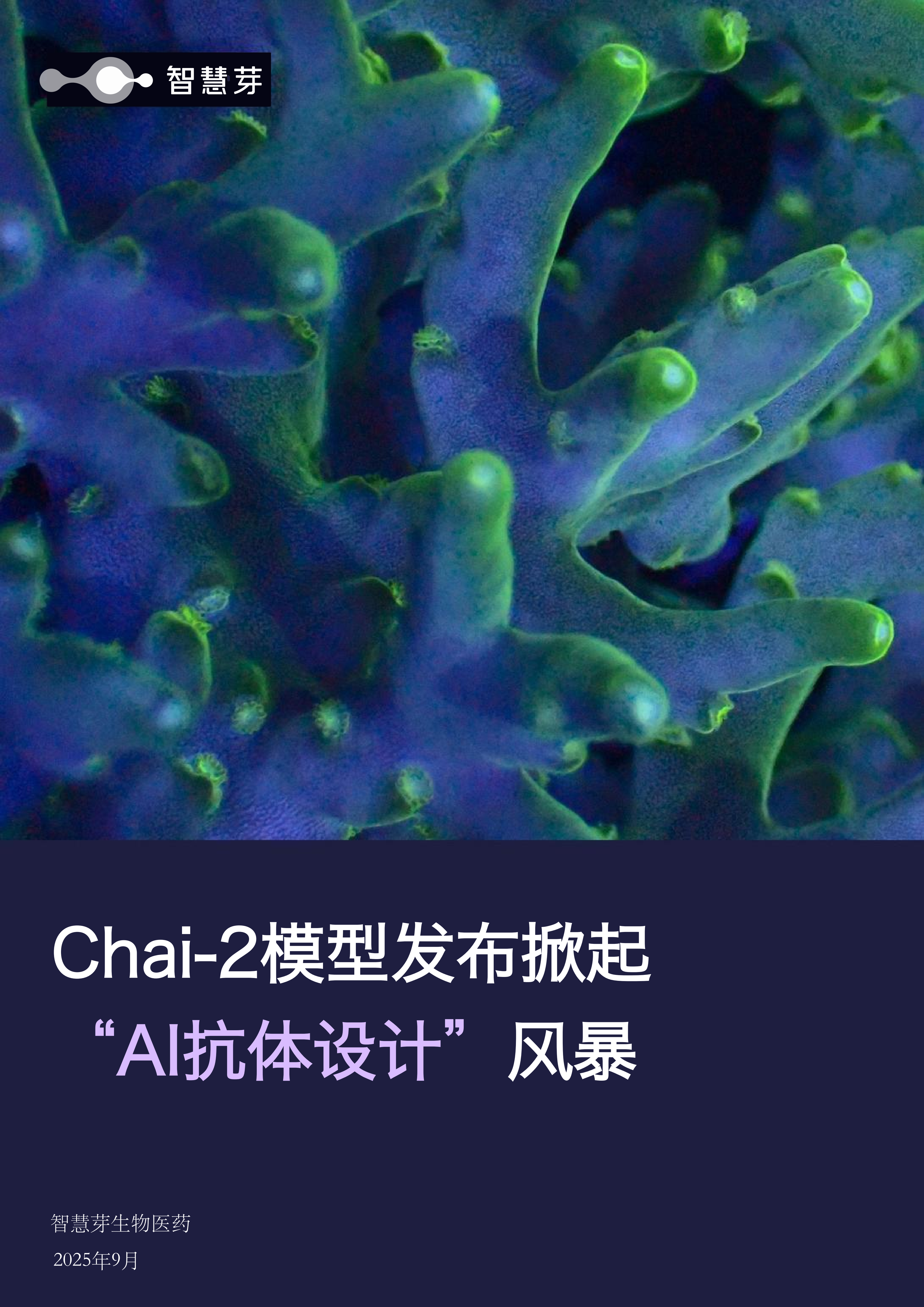预约演示
Bristol Myers Squibb’s subcutaneous Opdivo shows promise in kidney cancer
2024-01-30
临床结果临床3期ASCO会议上市批准免疫疗法
Bristol Myers Squibb (BMS) has shared positive results from a late-stage study of a new injectable form of Opdivo (nivolumab) in a subset of patients with renal cell carcinoma (RCC), the most common type of kidney cancer.
Bristol Myers Squibbe-67T trial has been evaluating subcutaneous Opdivo, co-formulated with Halozyme’s propOpdivoy nivolumabnt human hyaluronidase technolorenal cell carcinoma (RCC) intravenous form in patiekidney cancernced or metastatic clear cell RCC who have received prior systemic therapy.
According to the results presented at this year’s American SocietOpdivolinical Oncology Genitourinary Cancers Symposium, subcutaneous Opdivo met the study’s co-primary endpoints by demonstrating non-inferior pharmacoadvanced or metastatic clear cell RCC-inferior objective response rate compared to intravenous administration, a key secondary endpoint of the trial.
More than 430,000 new cases of RCC are diagnosed globally each year, with clear cell RCC affecting about 70% of RCC patients.Opdivo
Gina Fusaro, vice president, glRCCl programme lead, BMS, said: “Conveniencclear cell RCCant benefit of subcutaneRCC immunotherapy and we are excited about the potential for this treatment to reduce patient burden and provide greater flexibility to patients and health care providers.
“We look forward to discussing next steps for subcutaneous [Opdivo] across multiple tumour types with health authorities.”
Opdivog the option to administer immunotherapy subcutaneously could undoubtedly reduce the treatment burden that patkidney, lung and gastric cancersently face, as well as help maximise efficiencies within healthcare systems,” said Saby George, professor of oncology and medicine, director of Network Clinical Trials, Department of Medicine, Roswell Park Comprehensive Cancer Center.
The drug recently received approval from the US Food and Drug Administration as an adjuvant treatment for adults and adolescents aged 12 cancerand older with completely resected stage 2B or 2C melanoma.oncologyRoswell Park Comprehensive Cancer CenterCancer
The October decision made Opdivo, which is alreaFood and Drug Administratione in certain melanoma patients, the only PD-1 inhibitor indicated as an adjuvant treatment for eligiblstage 2B or 2C melanoma2B, 2C and 3, as well as stage 4 completely resected melanoma.
更多内容,请访问原始网站
文中所述内容并不反映新药情报库及其所属公司任何意见及观点,如有版权侵扰或错误之处,请及时联系我们,我们会在24小时内配合处理。
适应症
靶点
生物医药百科问答
全新生物医药AI Agent 覆盖科研全链路,让突破性发现快人一步
立即开始免费试用!
智慧芽新药情报库是智慧芽专为生命科学人士构建的基于AI的创新药情报平台,助您全方位提升您的研发与决策效率。
立即开始数据试用!
智慧芽新药库数据也通过智慧芽数据服务平台,以API或者数据包形式对外开放,助您更加充分利用智慧芽新药情报信息。





